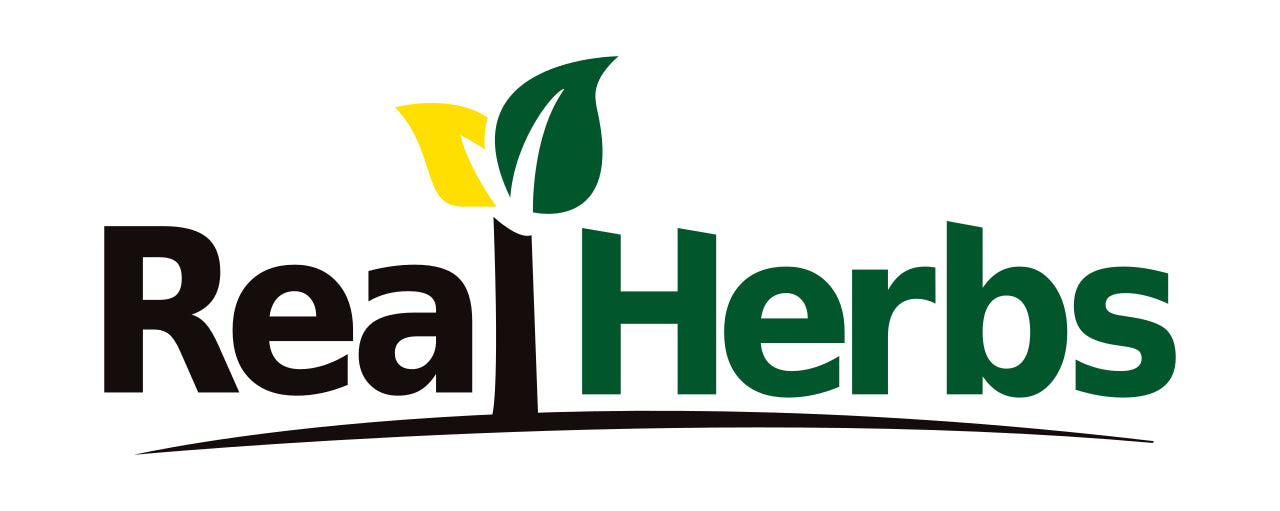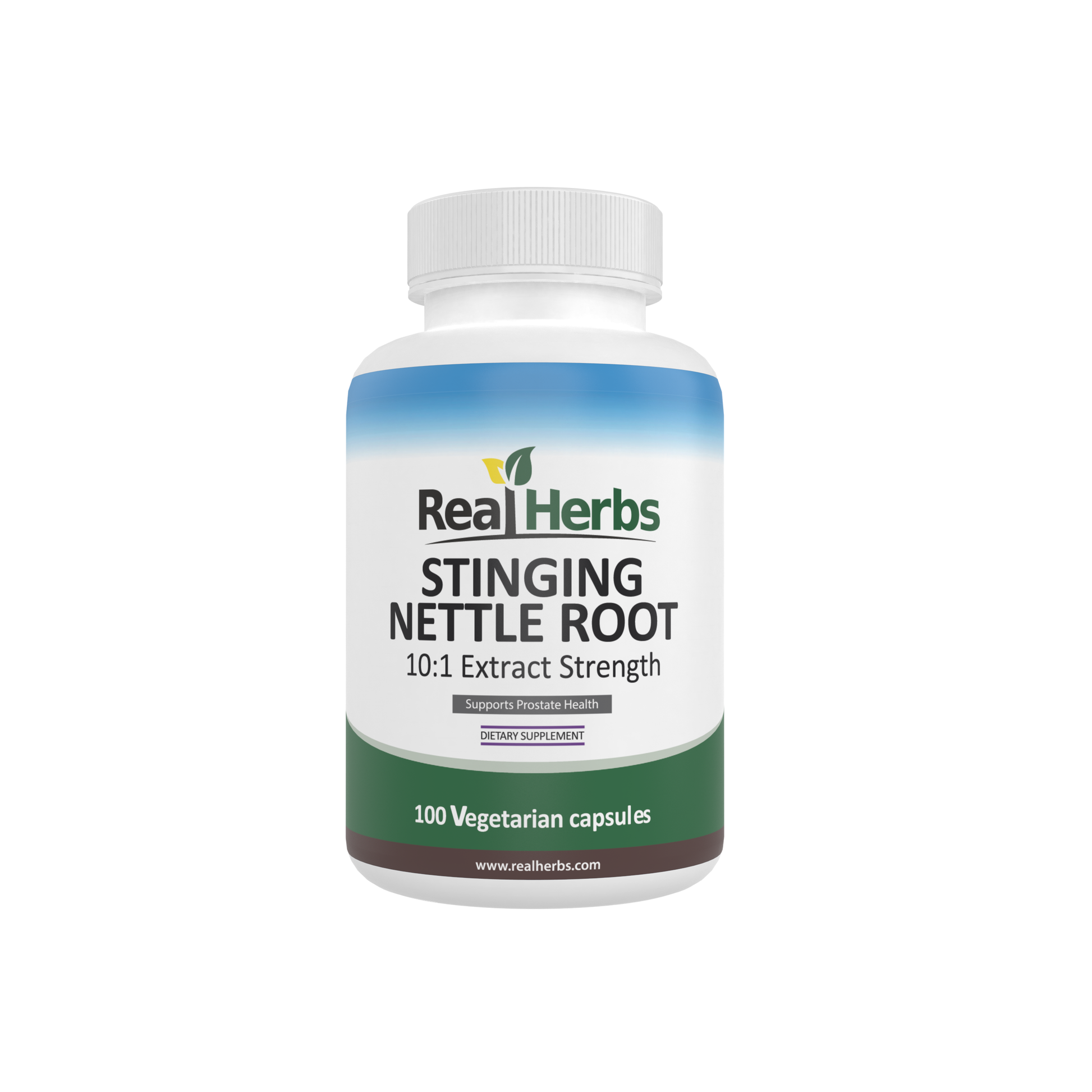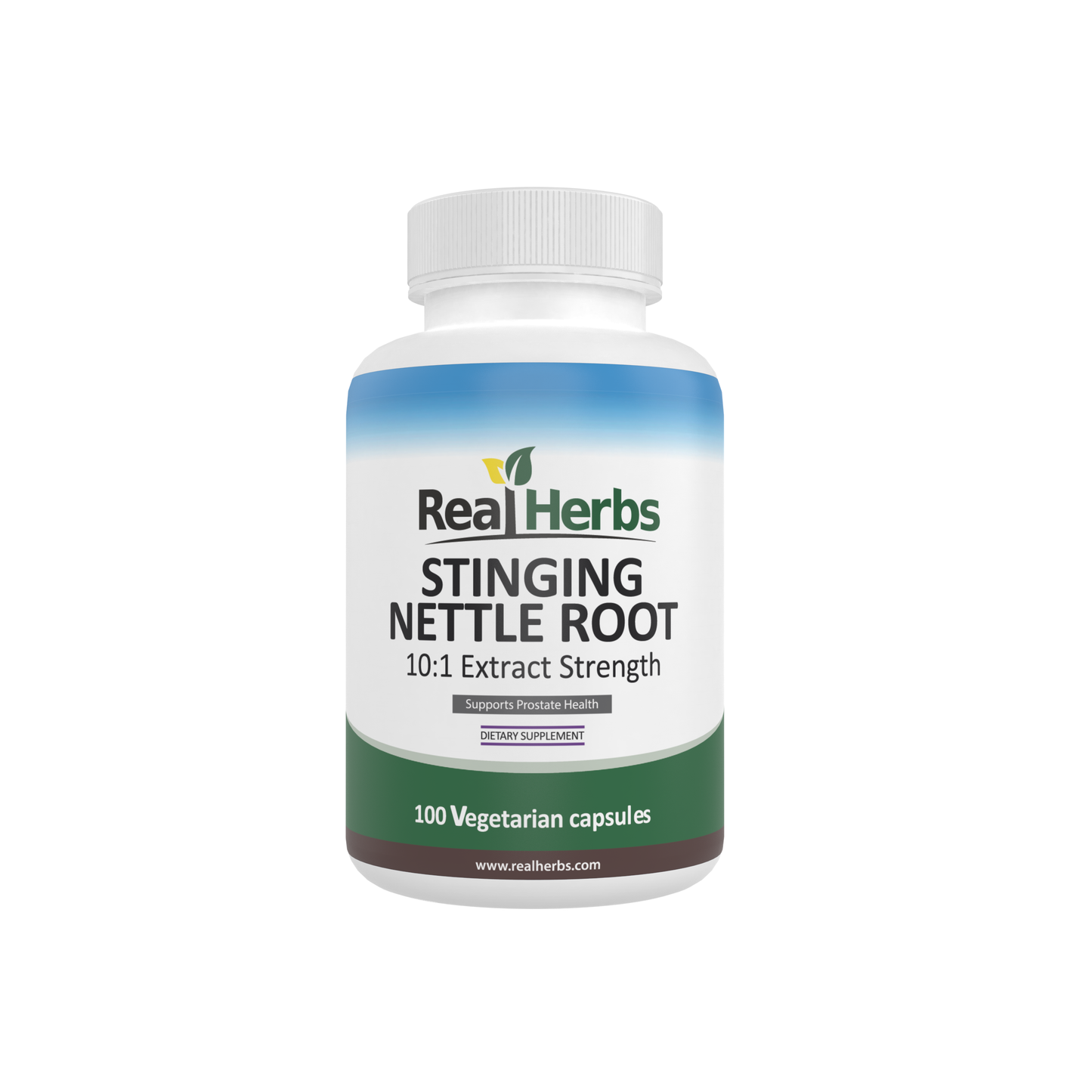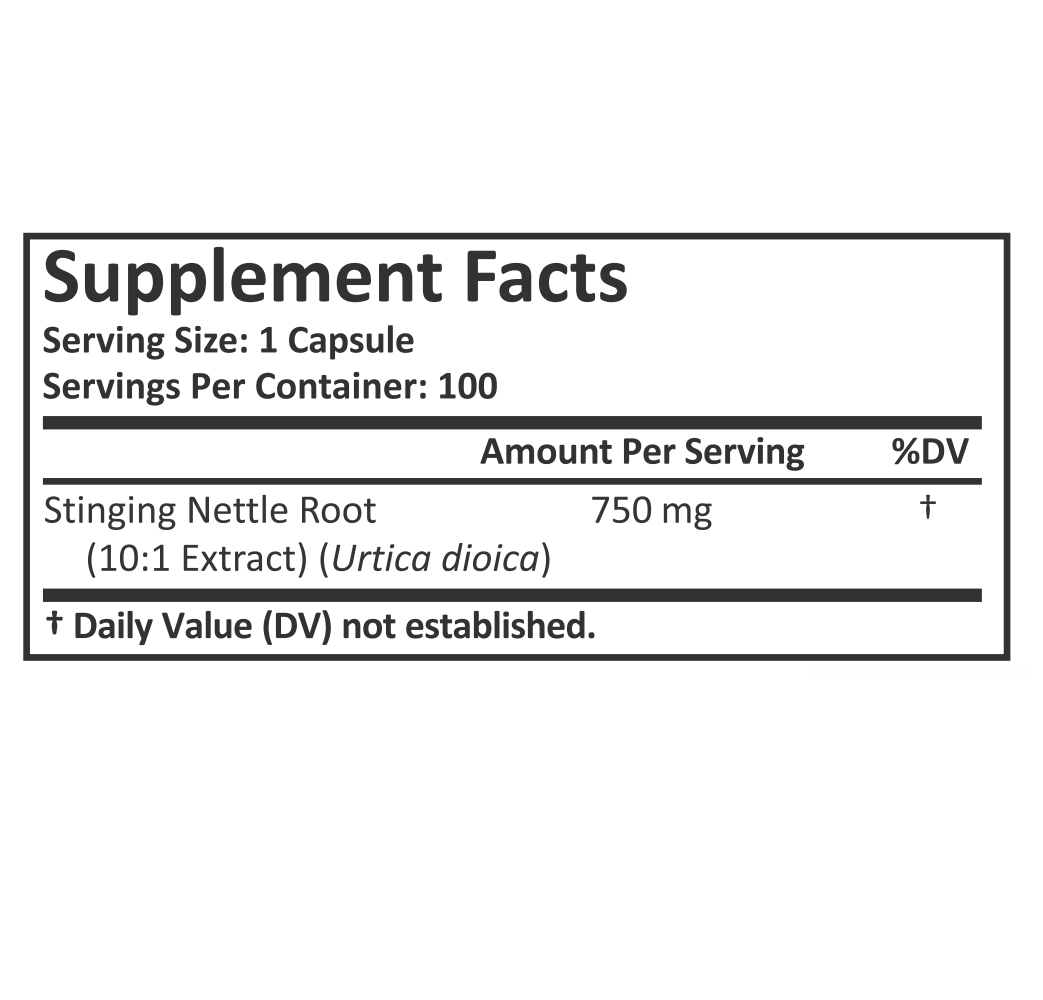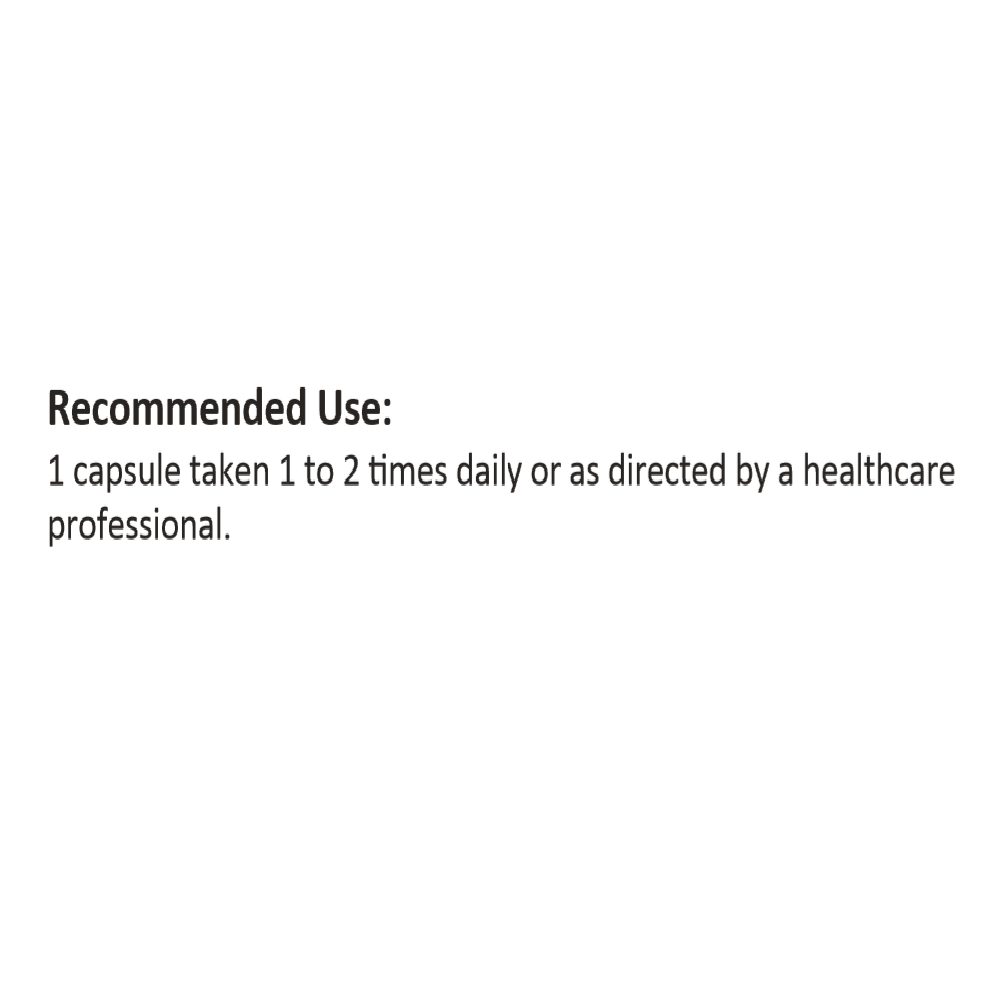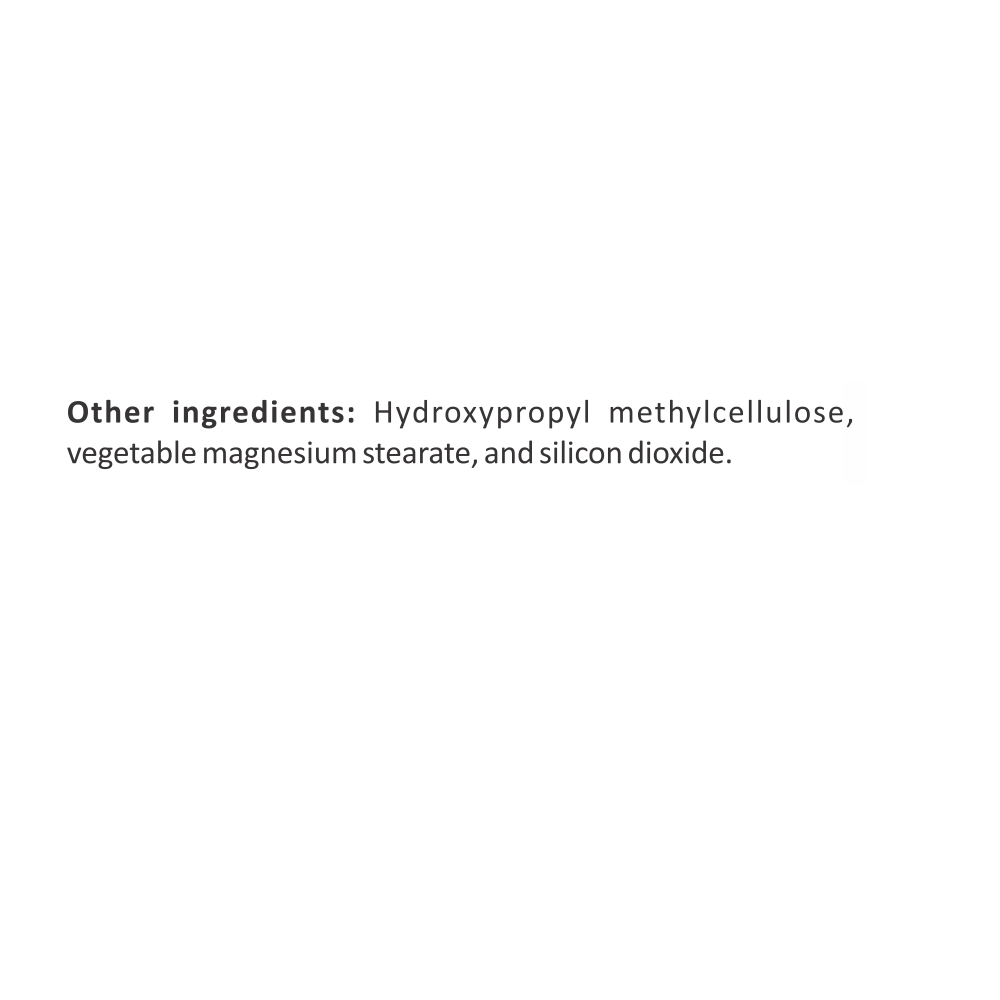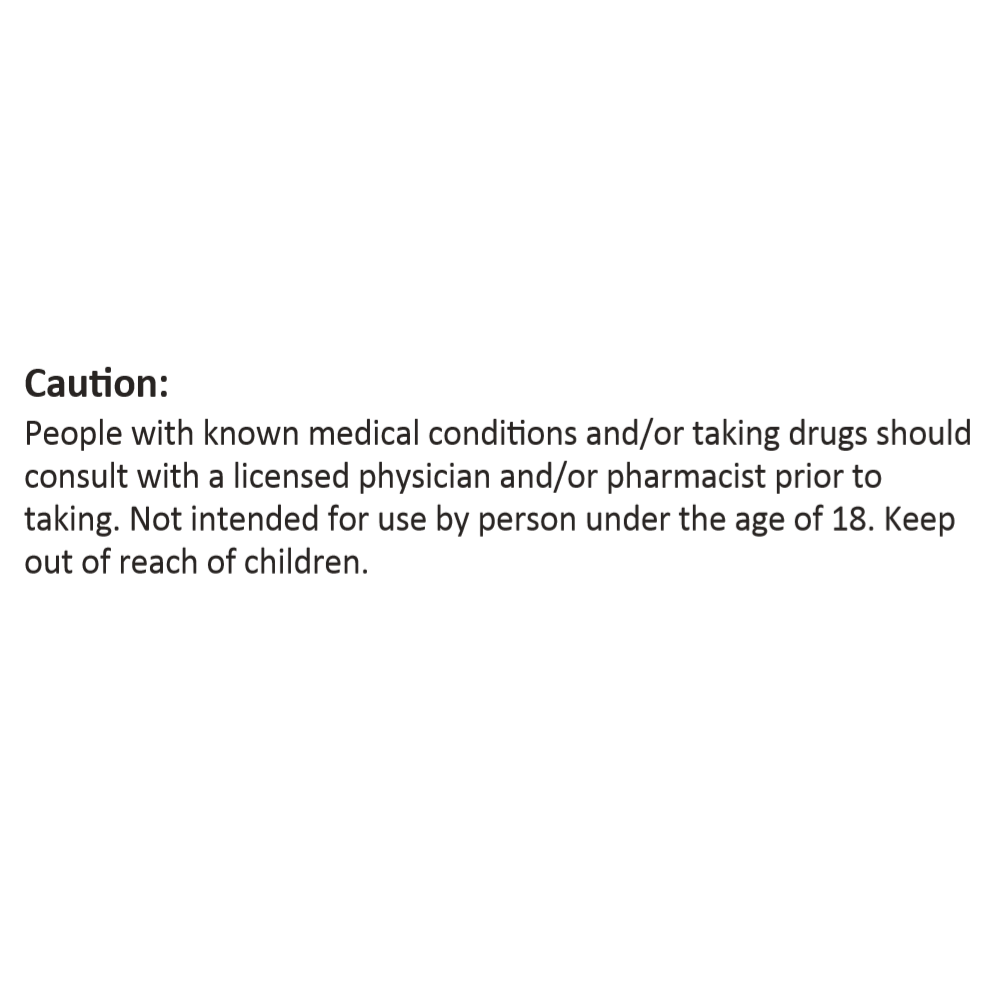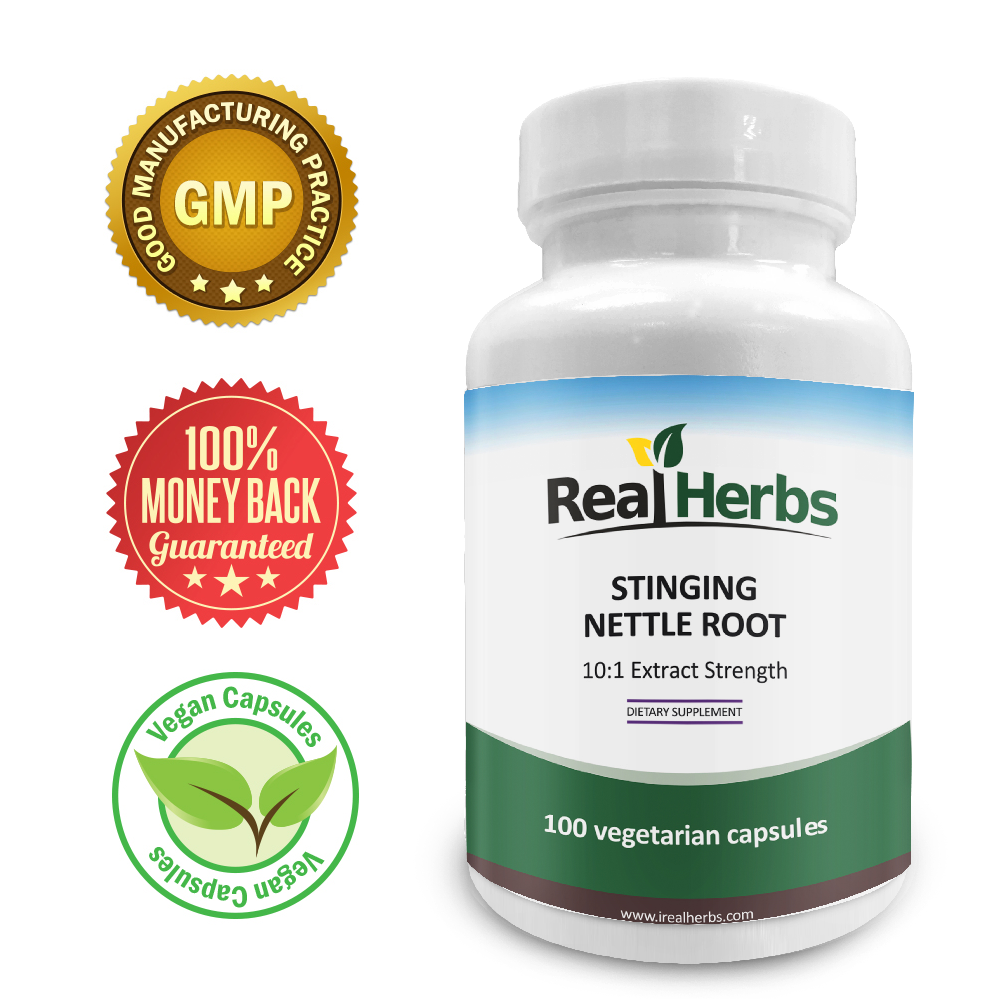Introduction
Benign Prostatic Hyperplasia (BPH) is a common condition affecting aging men, characterized by the enlargement of the prostate gland. This enlargement can lead to bothersome symptoms such as frequent urination, urgency, and a weakened urine stream. While conventional treatments exist, an increasing number of individuals are exploring complementary and alternative approaches to manage BPH. One such natural remedy gaining attention is Stinging Nettle Root.
Benign Prostatic Hyperplasia involves the non-cancerous enlargement of the prostate gland, a walnut-sized organ situated beneath the bladder. As men age, hormonal changes, particularly an increase in dihydrotestosterone (DHT), can contribute to the overgrowth of prostate tissue. This enlargement, in turn, puts pressure on the urethra, leading to the characteristic urinary symptoms associated with BPH.
Common symptoms include a frequent need to urinate, especially at night (nocturia), difficulty initiating urination, a weak urine stream, and a feeling of incomplete bladder emptying. The impact on one's quality of life can be significant, affecting daily activities and overall well-being.
While conventional treatments such as alpha-blockers and 5-alpha reductase inhibitors exist, some individuals seek alternative options like Stinging Nettle Root to address their symptoms. Stinging Nettle Root, derived from the Urtica dioica plant, has a long history of use in traditional medicine for various ailments, and its potential role in managing BPH is increasingly being explored.
Stinging Nettle, aptly named for the tiny hairs on its leaves that can cause a stinging sensation upon contact, has been used for centuries for its medicinal properties. The root of the plant contains a variety of compounds, including beta-sitosterol, flavonoids, and lectins, which are believed to contribute to its therapeutic effects.
Research suggests that Stinging Nettle Root may exert anti-inflammatory and antiandrogenic effects, potentially impacting the pathways involved in prostate enlargement. Additionally, it is proposed to help regulate the production of inflammatory cytokines that play a role in BPH progression.
Benefits of Stinging Nettle Root for BPH:
Now, let's explore the potential benefits that individuals with BPH may derive from incorporating Stinging Nettle Root into their management plan:
-
Improved Urinary Flow: Some studies suggest that Stinging Nettle Root may help improve urinary flow, addressing the common symptom of a weakened stream associated with BPH.
-
Reduced Nocturia: Nocturia, or the need to urinate frequently at night, can significantly disrupt sleep and affect overall well-being. Stinging Nettle Root's potential to alleviate this symptom could enhance the quality of life for individuals with BPH.
-
Relief from Urgency and Frequency: The sense of urgency and increased frequency of urination are hallmark symptoms of BPH. Stinging Nettle Root's anti-inflammatory effects may contribute to reducing these bothersome aspects of the condition.
Conclusion
In this exploration of managing Benign Prostatic Hyperplasia with Stinging Nettle Root, we've delved into the intricacies of BPH, the potential benefits of Stinging Nettle Root, and practical considerations for its use. While research suggests promising outcomes, individual responses can vary, and it's crucial to approach natural remedies as part of a comprehensive healthcare plan.
Before initiating any changes to your BPH management or supplementation routine, consult with your healthcare provider. They can provide personalized guidance based on your medical history, current medications, and overall health status. By combining the potential benefits of Stinging Nettle Root with lifestyle modifications, you can take proactive steps towards better managing BPH and improving your quality of life.
